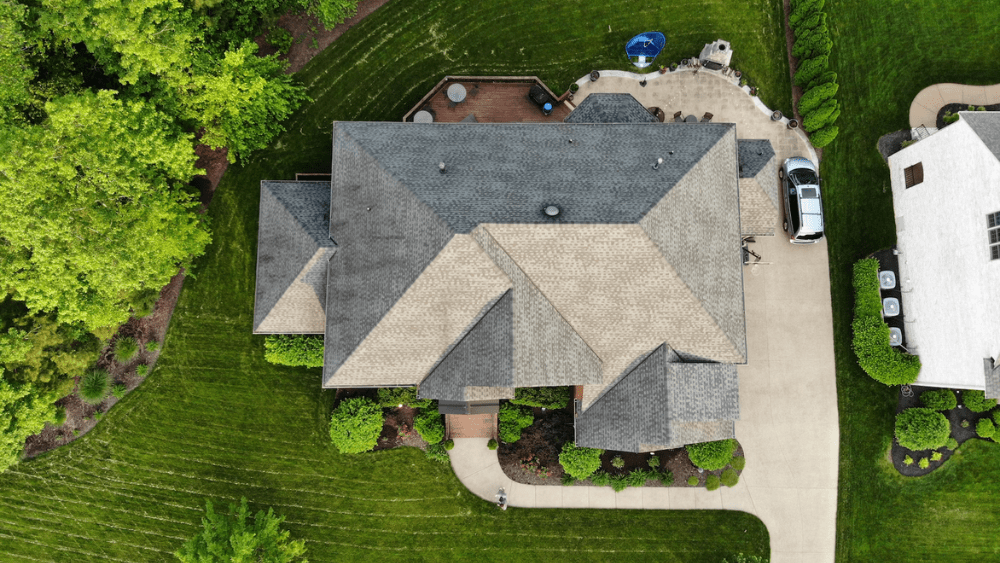
Buying a house is a major milestone, but what happens when you have second thoughts, or you can’t fulfill the agreement you signed? Backing out of a home purchase isn’t a decision made lightly, yet it’s a scenario that buyers might face. But what’s the real meaning of backing out of a home purchase? In this guide, we’ll explore what it means to withdraw from a house deal, the common reasons prompting this decision, and the timings involved. Additionally, we’ll discuss the safeguards buyers can put in place and provide practical tips to smoothly navigate this process. In the realm of real estate, “backing out” refers to the decision a buyer makes to withdraw from a home purchase after the offer has been accepted but before the sale is finalized. This action is more formally known as rescinding or voiding a residential home purchase agreement. It’s a legal process where you, as the buyer, decide not to proceed with the purchase of the property. This decision can occur at various stages – after an offer is made but before it’s accepted, after signing a purchase agreement, or even days before the closing. When you back out of a home purchase, it involves retracting your commitment to buy the property. It’s essential to understand that this decision can have legal, financial, and emotional implications, both for you and the seller. Depending on the terms of your purchase agreement and the timing of your decision, there may be penalties or loss of earnest money. However, in some cases, especially when proper contingencies are in place, backing out can be a seamless process with minimal consequences. As you navigate each stage of a home purchase, you might come upon unexpected turns. Here are some common reasons why you might decide to back out of a home purchase:What does it mean to back out of a home purchase?
What are common reasons a buyer backs out?



